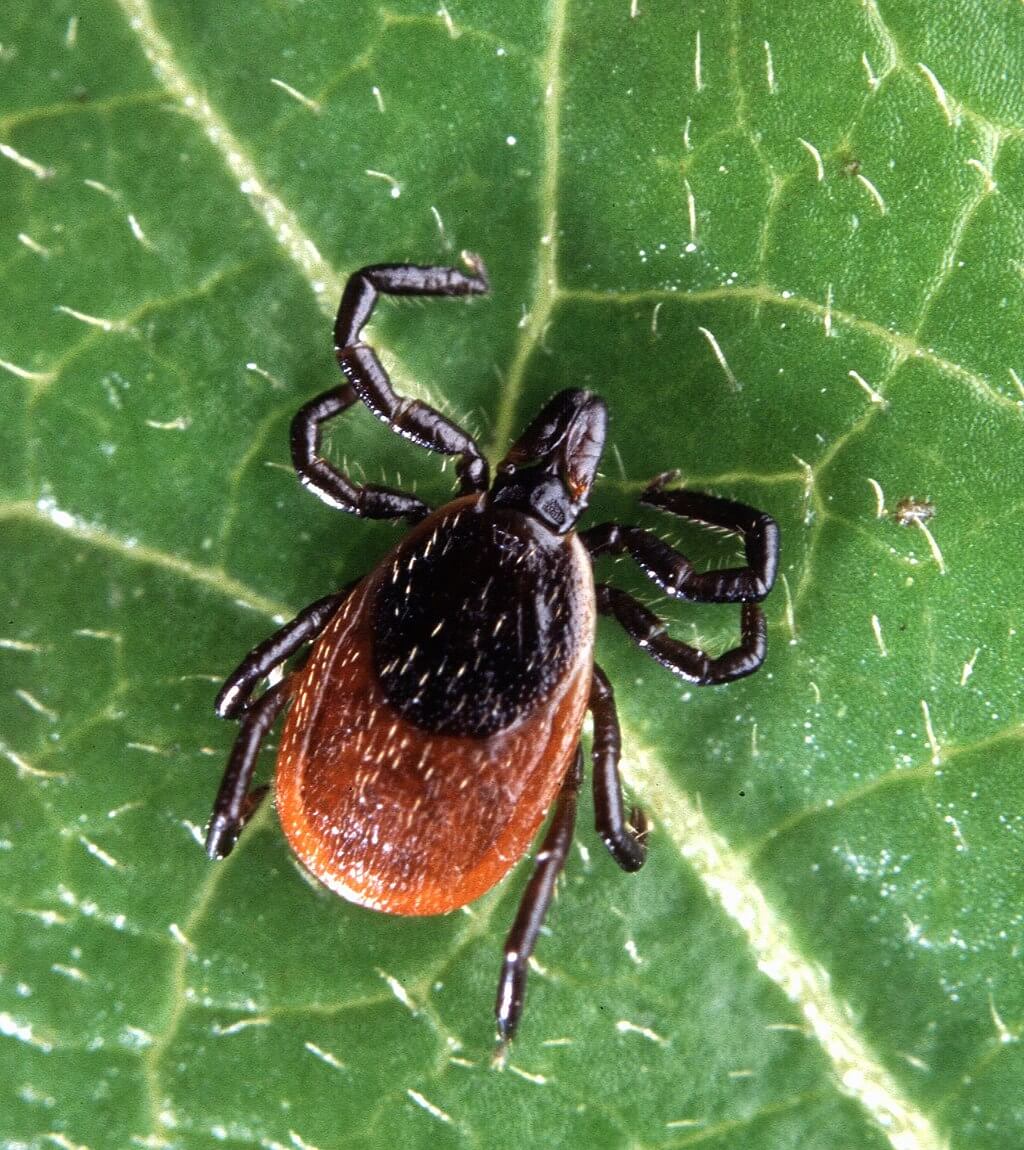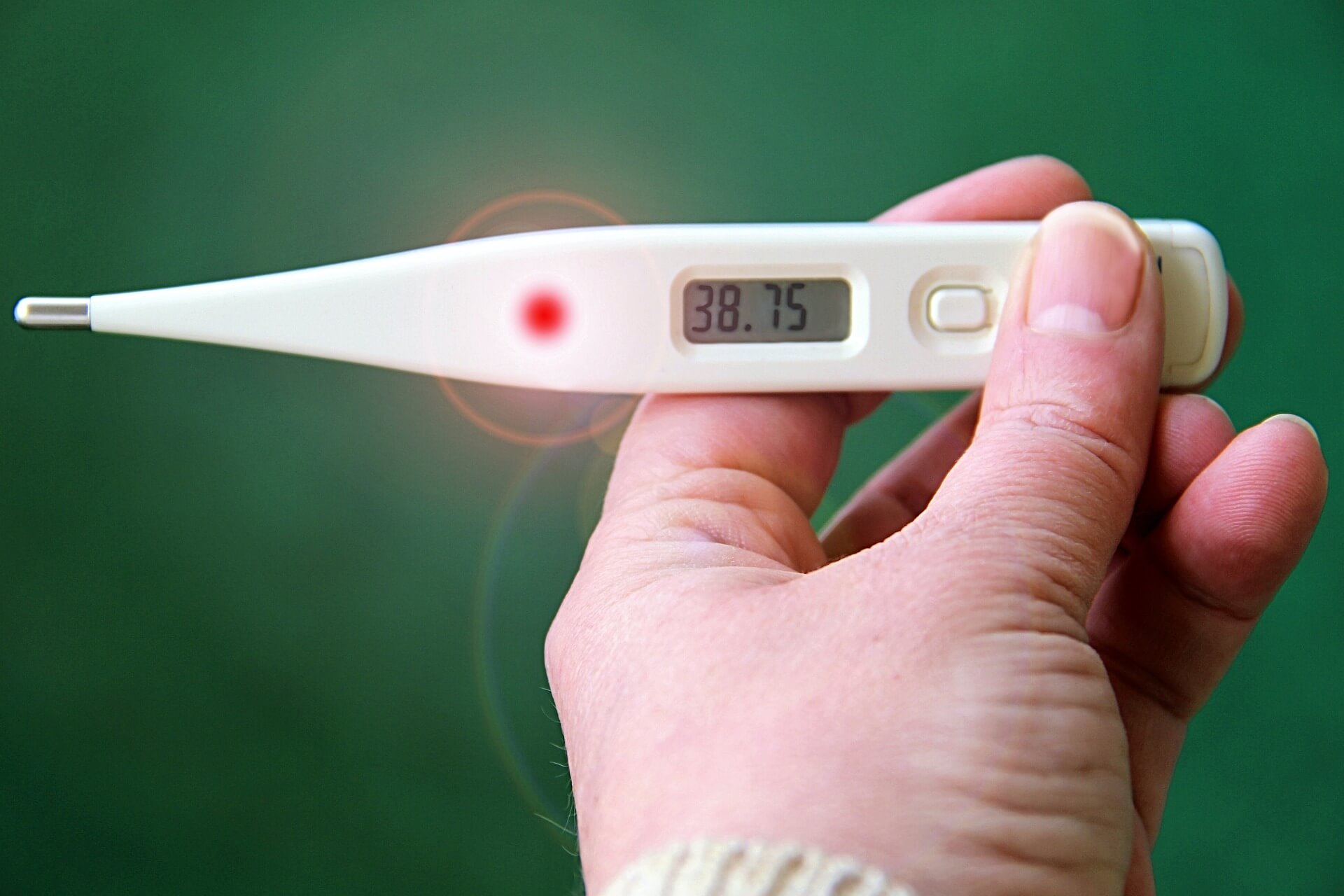Tick bites from infected ticks in Europe and eleswhere can cause Tick-borne encephalitis (TBE) and Lyme disease.
Ticks are around between March and May and mid-August to November, so we’re about to come into a tick season soon.
They live in the countryside and love warm temperatures with high humidity. You will find them in eastern, central and northern Europe, Russia, Asia, and the Far East.
You can have a vaccination at VSM Pharmacy to protect you against Tick-borne encephalitis and it’s recommended if you intend to spend time in the countryside in a location where ticks are prevalent.
In Europe, it is rare that a tick bite will cause serious complications. The UK for example, has a low-risk assessment for the general population. But if you are travelling to somewhere like Asia a vaccine will protect you from the possibility of a severe illness or a fatality. Around 10% of people in Europe who suffer from a bite develop complications. In Asia, the risk is higher.
What is Tick-borne encephalitis?
Tick-borne encephalitis is a viral infection. It affects the nervous system. As well as being transmitted from an infected tick bite you can also catch it from unpasteurised dairy products if the products come from an infected animal.
What are the symptoms?
Some people don’t get symptoms at all. If you do get symptoms, then they will normally appear around seven days after a bite. The illness comes in two phases.
Phase one gives you flu-like symptoms you might have:
- A headache
- A high temperature
- Aches and pains
- Fatigue
- Nausea
Usually, the symptoms will go away naturally, and you won’t suffer from any other illness. However, a few people may end up with serious symptoms that affect the central nervous system and spread to the brain.
These symptoms include:
- Extreme headache
- Stiff neck
- Slurred speech
- Body weakness such as drooping on one side of the face
- A convulsion (seizure)
The symptoms represent a medical emergency, and you should phone 999 or get the person to hospital immediately.
Do ticks live on animals?
They feed off the blood of animals. They can’t jump or fly but they can climb on to a human from an animal if you brush past the animal.
How can you avoid a tick bite?
- If you are walking through the countryside where ticks might be present it is best to wear light-coloured clothes. Wearing light coloured clothes will help you to see any ticks and remove them.
- Keep to pathways and try not to brush against plants.
- Wear tops with long sleeves and trousers rather than shorts so your skin is covered.
- Use an insect repellent like DEET on your skin and clothes.
How do you remove a tick from your skin?
Use tweezers or a tick removal tool (you can buy one from the pharmacy). Grip the tick as near to your skin as possible and then pull it upwards using a slow but firm movement. Be careful that you don’t crush or squeeze the tick.
When you have removed the tick, throw it away and clean your skin with warm water and antiseptic soap.
What is the Tick Encephalitis vaccine?
A full course of the vaccine is 3 doses. The first two injections will give you immunisation for a year. The third, booster dose will give you protection for 3 years. Currently (2024) the cost for each dose with VSM Pharmacy is £69.99. You must have the vaccination at least 4 weeks before you travel.
Do I have to make an appointment?
Yes. You can pop into the pharmacy, give us a call or make an appointment online. At the appointment we’ll ask you some questions about your travel plans to make sure you are getting the vaccination you need.






